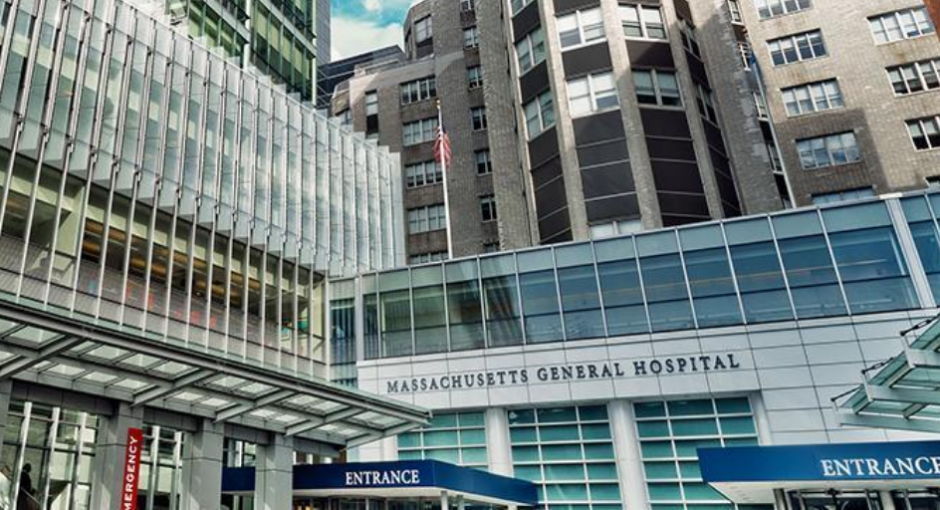In its mid-year report released this month, Fitch Ratings predicts a “deteriorating” outlook for nonprofit hospitals and health systems through the remainder of 2022 and into 2023. This is primarily driven by the “macro headwinds” of high labor costs and “generationally elevated inflation,” the credit ratings and research agency says, both of which have been more pronounced than expected.
Operating metrics have declined significantly for most health systems midway into 2022 compared to 2021, Fitch says. The agency predicts elevated labor pressures will persist even as inflation cools, and the former may remain “at a permanently higher level for the rest of 2022 and likely well beyond,” said Keith Halloran, Senior Director at Fitch, in a report sidebar. High demand for nurses—a problem that predates COVID and has since become a crisis—is a major factor contributing to high labor costs, Fitch says.
Pandemic-fueled staff burnout and attrition, coupled with higher wages paid to traveling healthcare workers contracted through staffing agencies, have caused hospitals’ payroll expenses to skyrocket. Meanwhile, inflation drives up operating costs further. Many nonprofit health systems have reported net losses in the hundreds of millions or even in the billions halfway through 2022, including Sutter Health, Mass General Brigham, Kaiser Permanente, Providence, and Advocate Aurora Health.
Though labor and inflation will continue to erode nonprofit hospitals’ already slim operating margins, the effect on some may be mitigated by “record levels of cash accumulated through much of 2021,” Fitch says. As COVID becomes endemic, the agency expects hospitals will be able to manage a reduced volume of COVID patients in tandem with elective services. But, the report cautions, recent surges in COVID cases—and the rapid spread of the Omicron variant last winter in particular—“highlights the ongoing uncertainty of the coronavirus and the challenge of hospitals to respond.”
Decreased 340B savings due to contract pharmacy restrictions imposed by drug manufacturers can also negatively affect an organization’s financial outlook, said a C-level executive at a small nonprofit health system who declined to be identified for this story. Although the executive cited labor cost increases and the end of COVID funding as significantly bigger factors impacting health systems’ overall performance, the decline in revenue from the 340B contract pharmacy program is “not insignificant,” for many health systems, the executive said. Moreover, the size of the effect depends on the number and size of an organization’s contract pharmacy relationships, the executive said.


